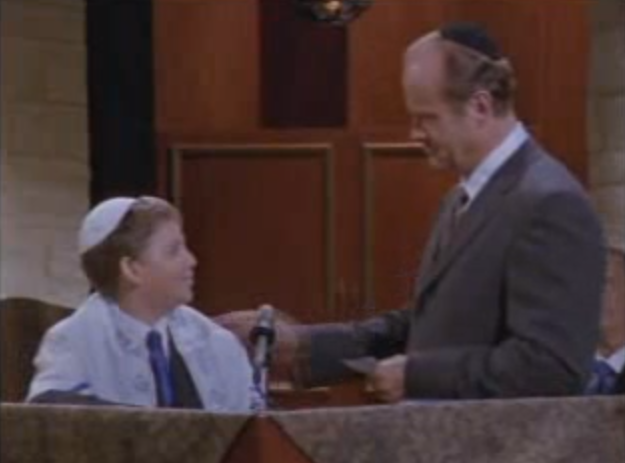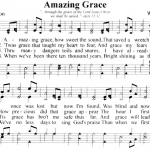Since I grew up on Long Island, there were Bar and Bat Mitzvahs pretty much every weekend in seventh grade. (No, although I’m descended from Jews on the correct side, I did not have one). So I was interested in an article in The New York Times about the way the Union for Reform Judaism is experimenting with the ritual and the study that leads up to it.
A cursory primer for the goyim: Bar/Bat Mitzvahs mark the transition to adulthood and take place at age 13. For example, after a bar mitzvah, a boy counts toward quorum for a minyan (and so does a girl, depending on the congregation). The child reads from the Torah and interprets their portion. (Growing up, people could match months to approximate areas of readings, “Oh, you were in the leprosy part of the calendar, too?”). Usually there is a secular party after the reading at the synagogue.
If you stand back a long way and squint, you might be able to analogize Bar/Bat Mitzvah to Confirmation and the afterparty to a Sweet Sixteen. And there’s one other resemblance that some congregations might draw. Stop me if you’ve heard this one before…
A village church had been plagued by bats. Several denominations had held the building, but all had eventually given it up in the face of the infestation. But, shortly after it was consecrated as a Catholic church, the bats vanished. The previous ministers asked how the new priest had managed it, and he replied, “Simple! I baptized them, I confirmed them, and I haven’t seen them since!”
In the same way, it was pretty common for my classmates to stop going to Hebrew school or meeting with their rabbis once the bar/bat mitzvah had been accomplished. So here’s how the Reform rabbis are trying to get their congregants to stop treating it as a graduation ceremony from the faith:
Each congregation is expected to design its own program and share the results. Yet many of them appear to be moving in a similar direction: involve the parents so that they do not also leave the synagogue when the bar mitzvah is over. They want the children to spend less time learning Hebrew and memorizing prayers, and more time working as a group on sustained “social action” projects. (Many congregations already expect “mitzvah projects,” but those usually involve individual volunteerism, and are not extensive).
Congregation Har HaShem in Boulder, Colo., will ask children to identify a social problem they want to work on and come up with a longer-term “tikkun olam” project, Hebrew for “repair the world.”
[…]
Temple Isaiah in Los Angeles has already been experimenting. Jordan Sachs-Amrami and his seventh-grade class voted to spend their b’nai mitzvah year working on the issue of hunger. They stocked shelves at a food pantry, cooked meals at a homeless shelter and interviewed experts about why hunger persists in a nation of plenty. During his bar mitzvah ceremony in 2012, Jordan dimmed the lights in the sanctuary and showed a video he made about what his group learned. Eight of the 10 students in his group are still in the temple’s religious school program.
It’s good to link prayer and tradition with the fruit they bear in day to day life in works and solidarity, but the new activities seems a bit generic. I remember us all being assigned community service hours in high school, and the different can drives, walks, etc tended to blur together, without a lot of notice for which group was sponsoring them.
The Har HaShem project sounds a bit like the gereric (though intensive) capstone project for an Eagle Scout. The article may be omitting nuances of the programs, but it’s not clear how this refocusing binds teenagers together as part of a Jewish community as opposed to a community that happens to be composed of Jews. Again, this may be a result of the reporter’s choice of questions, but I would expect more effort to be put into reenchanting Torah study so that it is a draw in its own right. The Bar/Bat Mitzvah is the first time the person can chant, but shouldn’t they be looking forward to the second time?
UPDATE: Hemant Mehta of Friendly Atheist weighs in on this story too, though I think he’s kinda making my point for me:
I love this idea. Seriously. What’s important to realize is that you don’t have to be Jewish to go through this unique rite of passage. Any community — including atheist ones — can make it a tradition of their own, and it would be much more useful to society than memorizing a bunch of archaic verses from a holy book. It would teach the kids something much more valuable than faith and maybe even encourage them to pursue such projects in the future on a grander scale.













